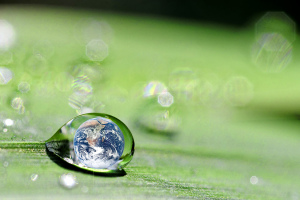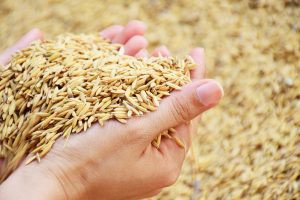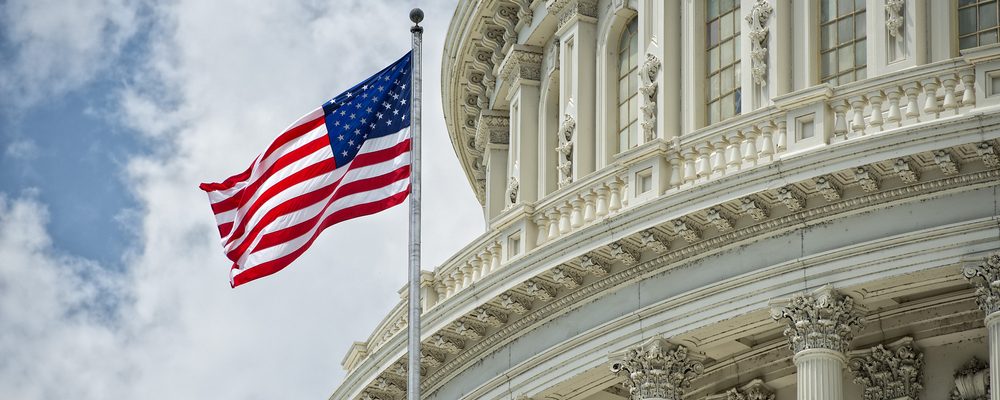The NYU Abu Dhabi (NYUAD) Institute continues its series of free virtual talks throughout the fall, allowing the community to tune in from the safety of their own homes.
Spanning a variety of topics and conversations that range from politics and food to sustainability and arts, the October series will cover the US presidential elections, how female artists envision the future of Middle Eastern art, the challenges and opportunities related to freshwater resources, and food and nutrition security in the age of COVID-19.
Notable speakers include Professor of Practice of Literature and Creative Writing at NYUAD Charles Siebert; President Emeritus and Co-founder at Pacific Institute Peter H. Gleick; Olivier Nomellini Senior Fellow at the Freeman Spogli Institute for International Studies and Director of the Ford Dorsey Master’s in International Policy Francis Fukuyama; Professor of Comparative Literature at University of Montreal Najat Rahman; and Professor Department of Landscape Design and Ecosystem Management Faculty of Agricultural and Food Sciences at the American University of Beirut Rami Zurayk, among others.
Established in 2008 as a center of advanced research, scholarly, and creative activity in Abu Dhabi, The NYU Abu Dhabi Institute assembles academics, professionals, and leaders from around the world to its academic conferences and public program to discuss research areas and topics of local and global significance.
The full list of talks are available here.
Freshwater is vital for human and environmental health, industrial activities and food production, the production and use of energy, and much more. As human populations and economies grow, pressure on limited water resources are also growing, leading to a variety of challenging problems, including water scarcity and pollution, water-related diseases, ecological disruptions, and even social and political conflict. This presentation provides an overview of current challenges associated with the world’s freshwater resources, a vision of a more positive and sustainable future, and pathways to achieve that future.
Speaker
Peter H. Gleick, President Emeritus and Co-founder, Pacific Institute
2. The US Election and the Future of Global Populism
Donald Trump was elected in 2016 riding a wave of global populism. His first term has marked a turn toward isolationism, nationalism, and attacks on domestic and international institutions. How will the COVID-19 epidemic and racial protests in the US affect the outcome of the upcoming US election, and what implications will this have for geopolitics?
Speaker
Francis Fukuyama, Olivier Nomellini Senior Fellow, Freeman Spogli Institute for International Studies; Mosbacher Director, Center on Democracy, Development, and the Rule of Law; Director, Ford Dorsey Master’s in International Policy, Stanford University
3. Art’s Future, Art’s Force: Women Artists Envision the Future
An exciting development in international art, contemporary Middle Eastern art notably by women challenges the relationship between art and power. Through the work of artists such as Larissa Sansour and Sama al-Shaibi, who envision alternative and distant futures, we ask: Is art an archaeology, and an architecture, of the future? Why does this art, often preoccupied with the present, appeal to fantasy? In engaging common life, is art a refuge for dissensual thought? What are we to make of its recurrent humor in the face of loss? How does it herald possibility and transformation?
Speaker
Najat Rahman, Professor of Comparative Literature, University of Montreal
4. Food and Nutrition Security in the Age of COVID-19
Like many modern-day viral epidemics, SARS-CoV-2 emerged from the folds of the food system, this time from the wet market of Wuhan. Not only did it originate from the food system, but it also penetrated it and exposed its systemic weaknesses. Countries that are highly reliant on food imports and that experience significant levels of food and nutrition insecurity need to adapt. How can the resilience capacity of the food system be increased at local, national, and global levels? How have Arab countries, especially GCC countries, responded to these challenges? What options exist to enhance the sustainability of the food system? Should we seek solutions in the same food system that created and exacerbated it?
Speaker
Rami Zurayk, Professor, Department of Landscape Design and Ecosystem Management, Faculty of Agricultural and Food Sciences, American University of Beirut






